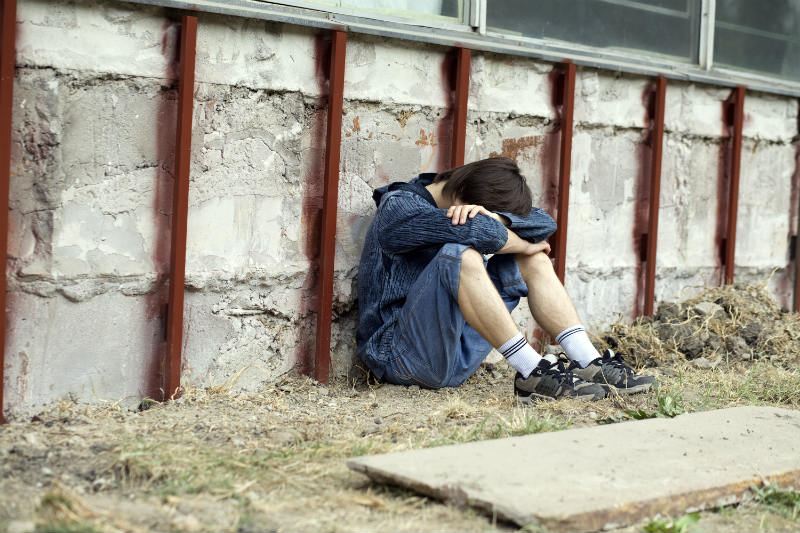Possible Indicators for Being at High-Risk for Addiction
Are thoughts of whether or not your child could be at risk for drug or alcohol addiction keeping you awake at night? Does your stomach churn when stories of teenagers and young adults air on the local news or are featured in the newspaper? Drug and alcohol addiction seem like they can happen to just about anyone’s children, even those who seem to have had a fun childhood and great parents. So how can you know if your own child is at risk for having an addiction?
According to the National Institute on Drug Abuse, addiction is defined as people who take drugs and cannot stop, even if they want to. No one plans on becoming addicted to drugs or alcohol but it can occur and have devastating effects on the individual and those he or she loves. Refraining from consumption of drugs and alcohol at a young age can help to avoid problems later in life with addiction.
There are several ways to know if your child is more susceptible to becoming addicted to drugs or alcohol:
Thrill Seeker
Is your child always looking for an adrenaline rush? Does he or she seem to be participating in activities that are risky or dangerous? According to TheFix.com this can be a sign of potential drug or alcohol abuse due to the dopamine that is released in the brain when consuming these substances. It’s the same as what is released during participation in a risky activity.
Loneliness
Does your child have a hard time making friends? Is he or she often left out of activities with peers? According to an article from the New York Times, loneliness can sometimes lead to childhood drug and alcohol abuse due to feelings of acceptance and popularity from peers when using drugs and alcohol together.
Family History
Is there a family history of drug or alcohol abuse? DrugFree.org states that when parents abuse drugs or alcohol, children are more likely to do so as well. There are specific genes a child can inherit that can make him or her more susceptible to addictions.
Knowing whether or not your child might be more inclined to abusing alcohol or drugs can help prepare you to protect your children against these problems. After reviewing these three potential indicators for future abuse, talk with your children about staying safe and avoiding drugs and alcohol.








